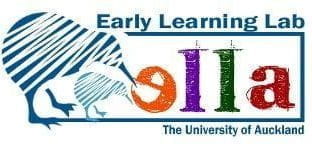How do biology and social experience shape children’s ability to work with others?
Everyday functioning relies on the ability to successfully work together with each other. Something as simple as buying groceries relies on the cooperation of many individuals (e.g., farmers, grocers, cashiers, etc.). In addition to being an important part of our everyday lives, cooperation plays an important role in children’s social and cognitive development. We have just finished the final data collection wave of this longitudinal study which began when our participants were 9 months of age. Our oldest participants in this final session were 10 years old! This study involved more than 600 NZ families and examines how biological and experiential factors shape the development of this important skill. Although data collection is complete, we still have a tonne of work to do as we code and analyse all of the data which is how we will be able to provide answers to our question of how biology and experiences shape cooperative and prosocial behaviour development across early childhood. This work has been funded by the Royal Society of New Zealand’s Marsden Fund and a Rutherford Discovery Fellowship awarded to A. Henderson.
